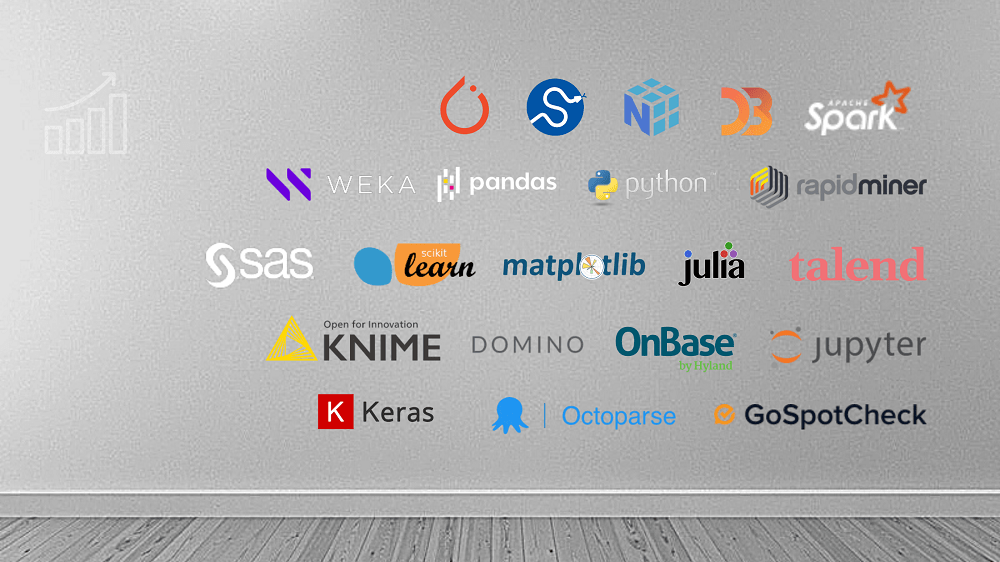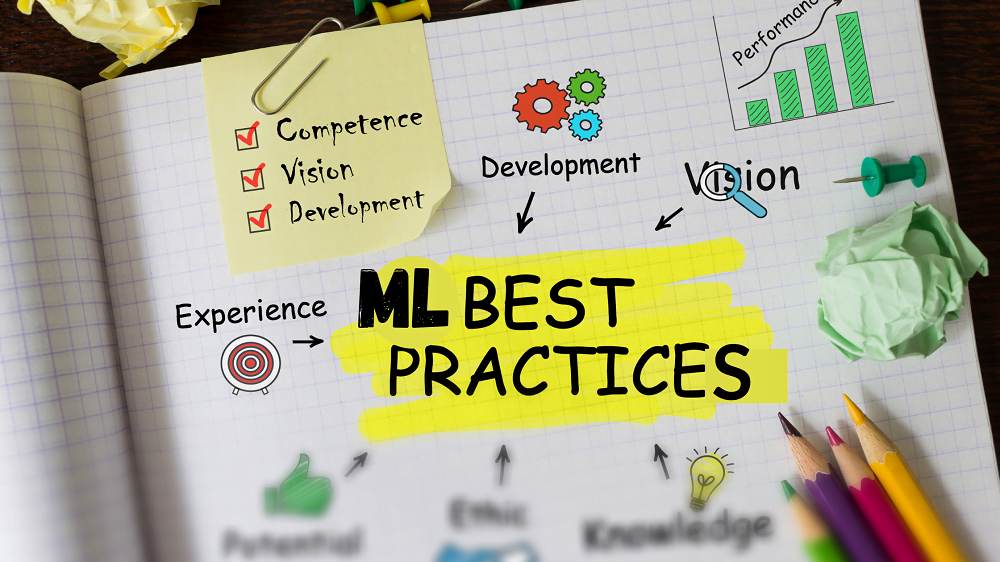Reading Time : 1 Mins
Top 5 Challenges When Scaling Machine Learning
Are you thinking of scaling machine learning at your company? If so, there are a few considerations to take into account before jumping in. This article will shed light on the top 5 challenges that companies face when scaling machine learning systems.
Machine Learning models have changed the way we do business. The possibilities are endless and the business world knows that using ML models can create a world of change in achieving their business gains. During the first quarter of 2019, more than $28.5 billion was funded towards ML. With Covid-19 and the shift to working from homes, digital transformation has seen an incredible resurgence. Businesses that have adopted AI and ML during this time period have only grown more.
Despite the mainstream acceptance for ML, it is difficult to translate the technology into business gains. When putting ML models into production, there are a lot of issues that crop up. Scalability is an important phase for real-world machine learning operations.
Let us look at the top 5 challenges you encounter when scaling machine modeling.
1. Data complexities:
To train an ML model with data, you need at least a million relevant records. There are issues of data feasibility and predictability problems that get added to the mix. Getting relevant and contextual data sets isn’t an easy task. When you have traditional data systems, data scientists end up spending the majority of their time just cleaning and managing data.
You need a strong governance system and a data cataloging system in place so that there is data transparency. If there is a lot of data complexity, then the cost of having an ML model relative to the return diminishes with the passage of time.
2. Technical performance:
AI algorithms usually require computer processing that is extremely intensive. It involves matrix manipulation, statistical analysis and linear algebra. To get the results that you are looking for, you need to re-run the calculations over and over again. As we mentioned earlier in the article, hundreds of thousands of data points are required to run AI systems, sometimes even in the millions. What does this imply? It means that the storage requirements and the computer processing abilities of AI systems are immense.
The technical performance of the AI systems are critical here. During the initial stages of building an AI system, you will only be working on small subsets of data. At this stage, the computer resources that you require are less, but as it progresses, the requirements become exponential, and this is where the importance of the AI system’s performance is pivotal. If the performance is not up to the standards expected, it might perform well during testing, but in real-world conditions, it might not work.
3. Unexpected behaviors:
For those who are using a new AI solution, it is imperative that you offer them support to use the technology properly. But there are times when the business meets with issues, and these might not have been encountered during the testing process. The AI should be able to scale for issues that were not planned for.
There will be issues that will arise due to the volatile nature of the changes within the AI/ML systems. But these changes usually mean that the AI/ML system has improved and that the algorithm is more accurate. An important challenge that most ML systems encounter is the rise of scenarios that can be considered technically difficult or critical in nature. The focus should be on developing contingency options that can tackle the unexpected.
4. Data Security and Governance:
Another challenge that most AI/ML systems encounter while scaling is the data security issues surrounding it. There will be different types of data, that too lots of it in a single place which makes it vulnerable to potential business risks. When you face security problems constantly, it will hit the reputation of your brand.
The prospect of losing potential customer data is also there, but that can be offset by strong cyber security infrastructure in place. Unfortunately, the usual cyber security features do not apply to AI computers. When building AI systems, you need to account for the security and privacy aspects of it as well.
Since AI tries to find meaning for disparate and incomplete sets of data, there are more challenges that are a security risk as well. Even safe data, when it is mixed with other data, can pose serious business challenges. The bottom line is that you need to plan for security measures when you are dealing with all kinds of data, not just sensitive ones.
Building a machine learning pipeline is just the beginning. To ensure your model runs in production in the most efficient way, it’s worth considering a few challenges to scale ML models. Watch this video from our Module Lead, Senthil Siddharth, to understand the challenges behind achieving operational excellence for machine learning models. Listen to the video and let us know your views or questions in the video comments section.
5. People & Processes:
When a new technology is introduced, you need to let the people know that it is going to be of benefit to them. Even if you were to teach them about the immense benefits that they will get from new technology, the chances of them being averse to working on it or even using it is always there. ML solutions are no different.
When you want your people to adopt the ML technology in their day-to-day engagement, you want them to transition to using it and fully accept it. You need to draft policies, change processes, talk to people, get leadership buy-in, train users, business support, etc.
There will obviously be changes on the customer-front as well. Some of the changes could be better product recommendations, chatbots, newer customer service department policies, and so on. The business needs to account for the reactions from customers. Do remember that when you are scaling ML, you want to see the direct impact that it has on your customers.
Conclusion:
One of the biggest challenges when it comes to scaling AI/ML technology is the number of assumptions and misconceptions surrounding them, especially among non-technical business leaders. Even events such as Covid-19 are challenges for AI/ML systems because there is a change in the behavior of users, and the old solutions might not be relevant anymore.
Zuci’s expertise in big data and intelligence, combined with our experience in building AI and ML systems allows us to create powerful systems for you. If you are looking to scale your ML operations, we would be more than happy to take on the mantle. Talk to the AI/ML experts at Zuci to understand how we can be of help to you.

I write about fintech, data, and everything around it | Assistant Marketing Manager @ Zuci Systems.
Share This Blog, Choose Your Platform!
Related Posts




















